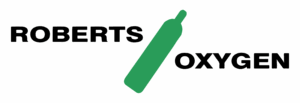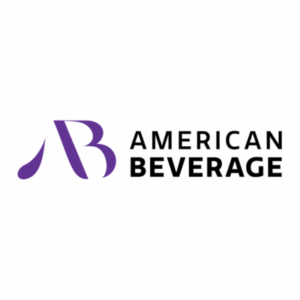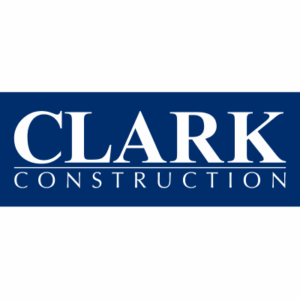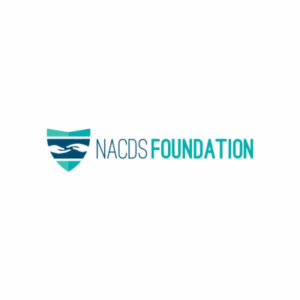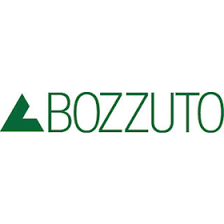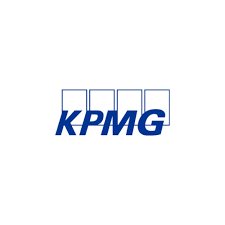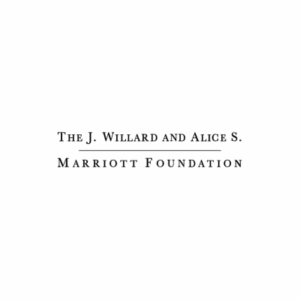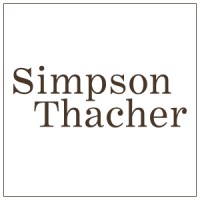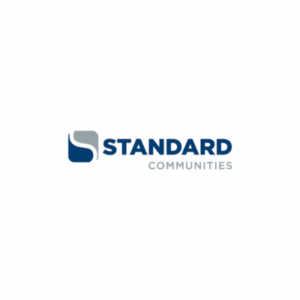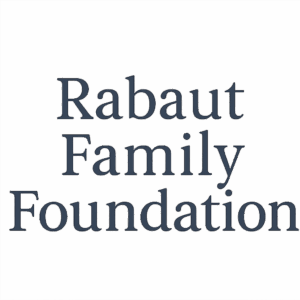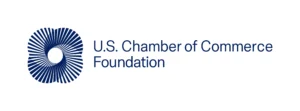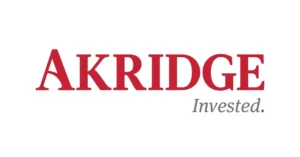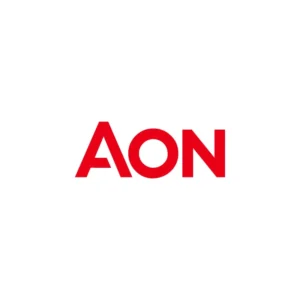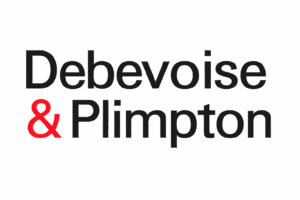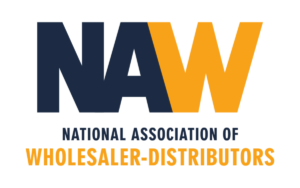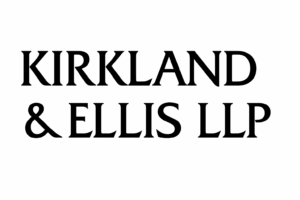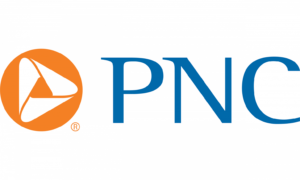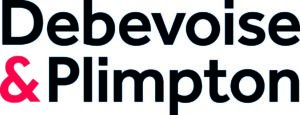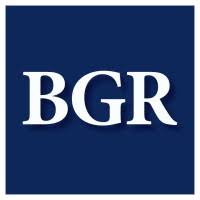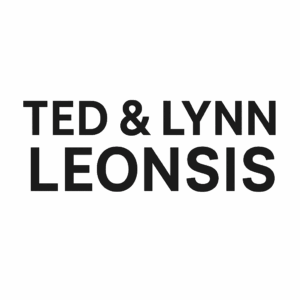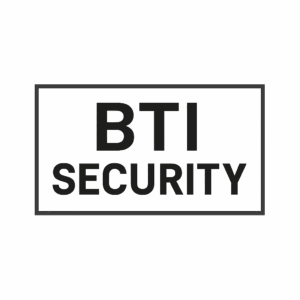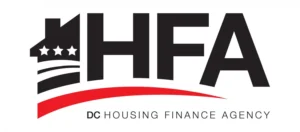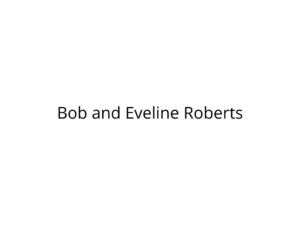Safe, Affordable, Transitional and
Long-term Housing for Individuals and Families
Housing is Essential to Reducing and Eliminating Homelessness
Recent research and community-based pilot programs prove that housing is key to eliminating homelessness. However, most nonprofit developers in DC only provide housing for households earning up to 80% of the FMI (Family Median Income). SOME is filling this critical gap by providing housing for those earning 30% or less of the FMI ($38,700 for a family of four as of 2021).
We launched our first transitional housing program in 1986, and our first long-term affordable housing program in 1989. We now operate 971 units in the DC area for single adults, families and senior citizens experiencing homelessness.
We Offer Housing for Single Adults, Families, Veterans and Senior Citizens
Over the last 30+ years, we have acquired and developed properties that address different stages of homelessness. Currently, we provide transitional and permanent housing, as well as crisis stabilization centers for those with mental illness or those experiencing abuse.
Our residents pay no more than 30% of their income in rent, and they have free access to wraparound support services, including healthcare, addiction recovery programs and employment training.
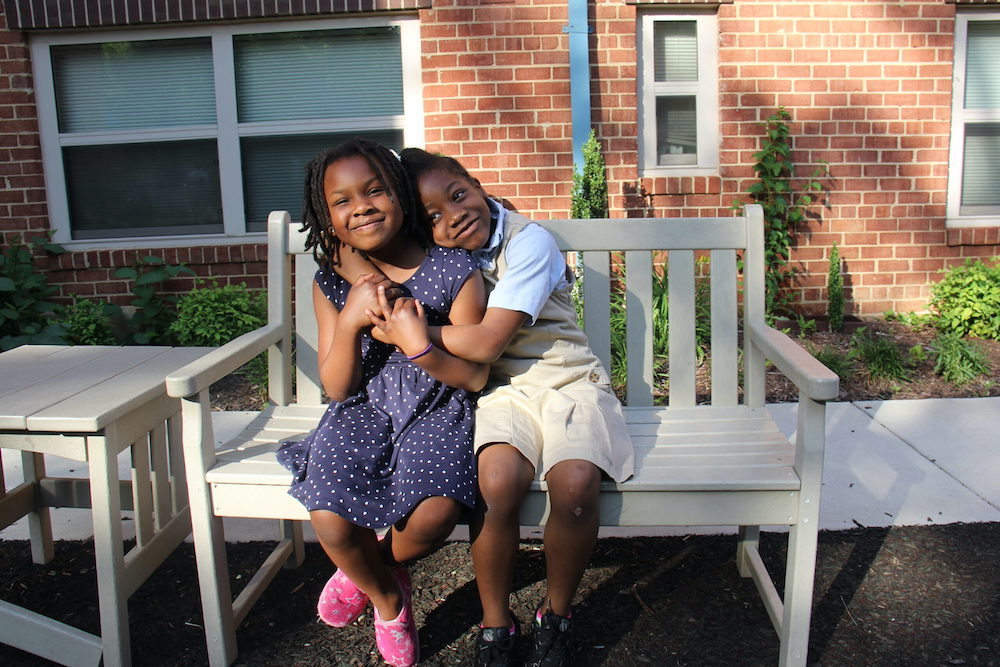
Family Housing
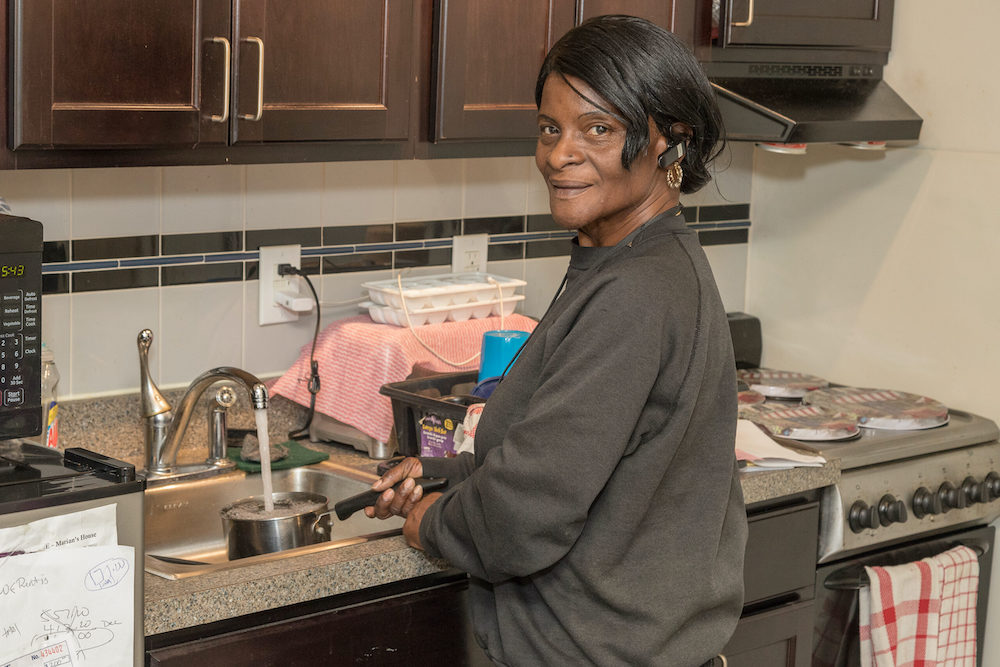
Single Adult Housing
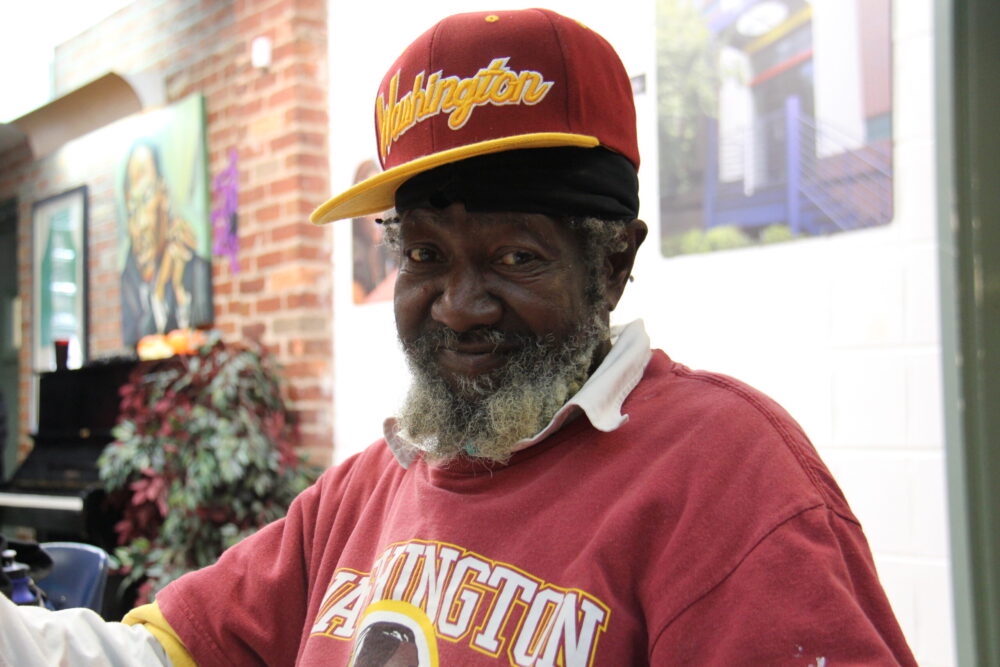
Senior Housing
Our Housing Program by the Numbers
Meeting the immediate and long-term needs of our most underserved neighbors is only possible if we know exactly how we’re measuring up to our ambitious goals. We are rigorous about data collection, and we continuously evaluate the impact of our housing services on our clients, their communities and the systems that affect their daily lives.
1,295
Residents enrolled in our affordable housing program
202
Families, including 309 children and 222 adults, live in our affordable housing
98%
Residents pay their rent on-time while enrolled in our affordable housing program
227
Units in development for our affordable housing program
Case Management Helps Keep Our Residents on Track
To ensure our residents are making progress, they are matched with a case manager in their building. This partnership ensures early intervention if a resident is struggling. Our Rapid Re-engagement Program supports anyone working to maintain sobriety. In the case of late rental payments, we help our residents create budgets and payment plans.
Our case managers also connect them with outside resources and social services, such as DC’s Emergency Rental Assistance Program (ERAP). Less than 10% of our residents enter into court-monitored payment plans.
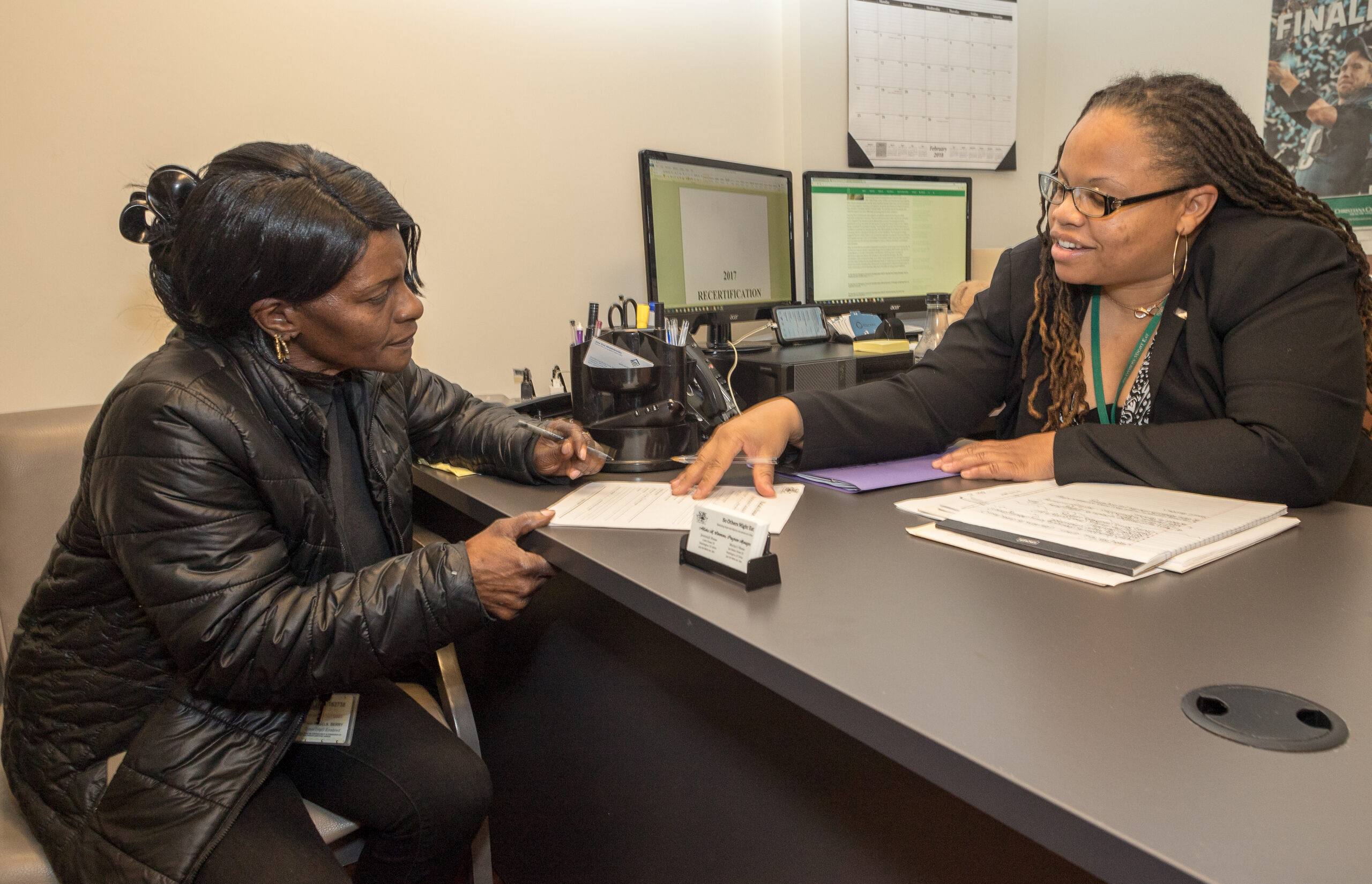
We are Creating 1,000 New Units of Housing for DC Residents
In 2005, we launched the Affordable Housing Development Initiative with a goal of creating 1,000 new units of housing for DC residents. With the recent completion and occupancy of Karin House, Anna Cooper House and the construction of 1515 North Capitol project currently underway, we have reached the initial goal of exactly 1,000 units.
To achieve our current goal of 2,000 units, we have purchased several properties for development in Deanwood, which are projected to provide up to 182 units. We are also purchasing two buildings in Woodley Park (for 23 units) and on Kansas Avenue (for 40 units). Overall, this will add 245 units of affordable housing.
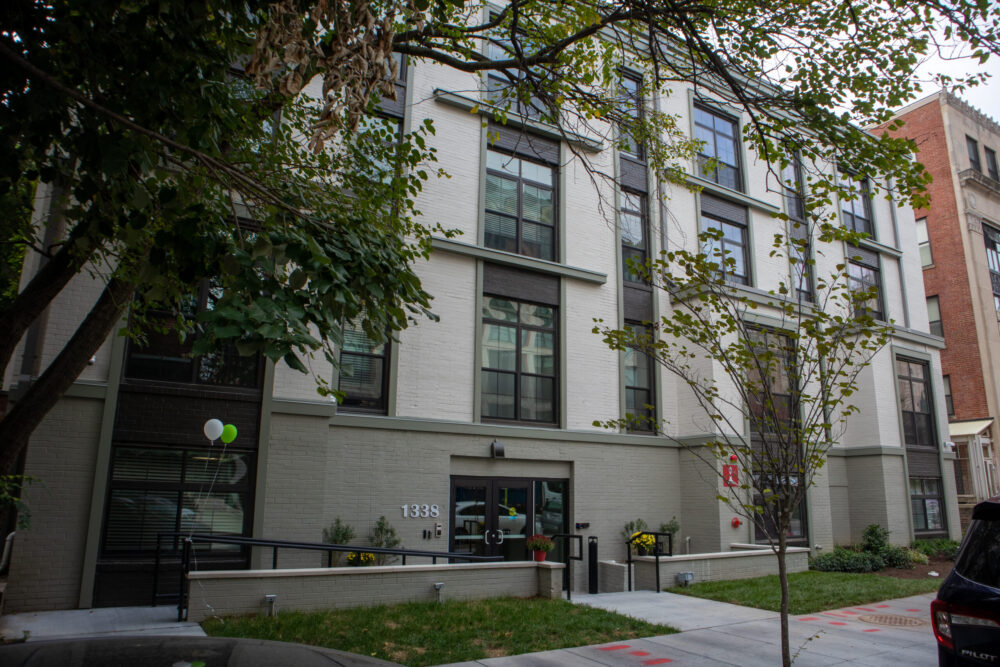
Anna Cooper House
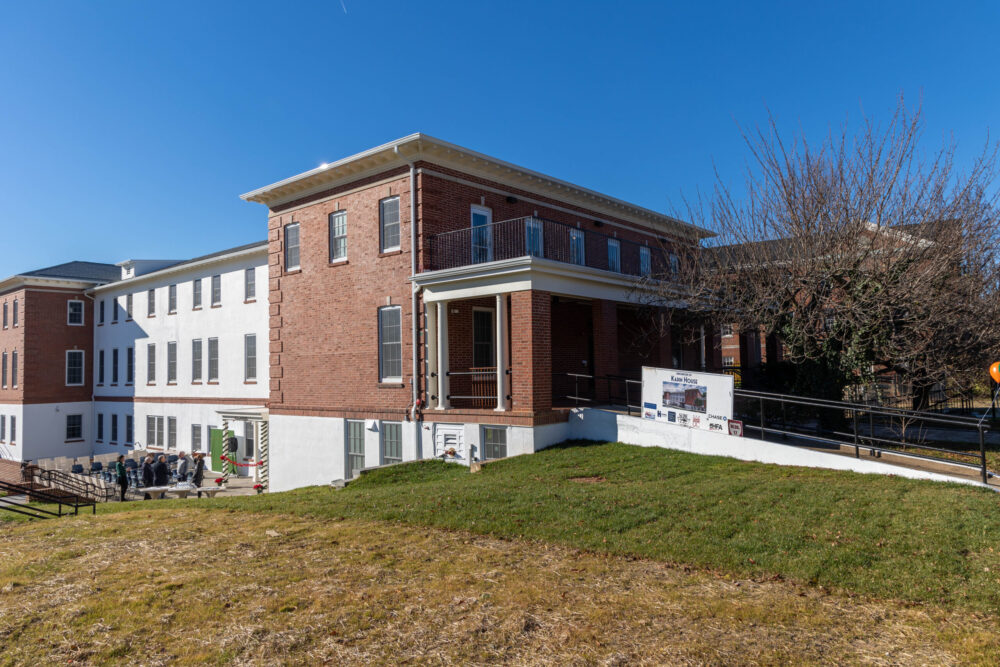
Karin House
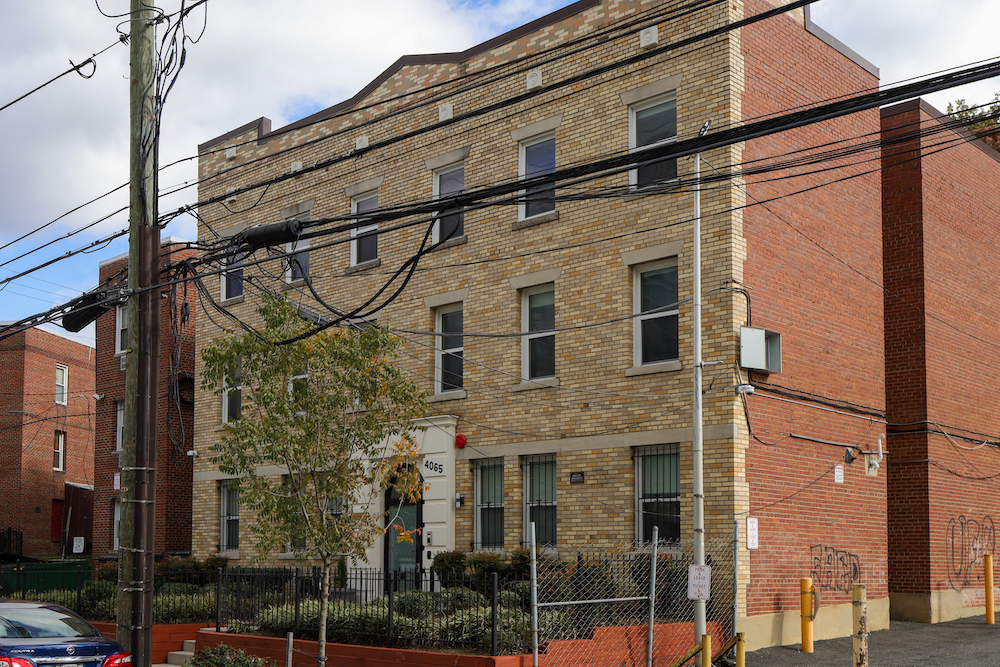
Thea Bowman House
Systemic Change Requires Government Advocacy As Well As Direct Assistance
In addition to providing direct housing assistance to DC residents, we also advocate for policies and funding that benefit DC residents in need of healthcare, social services and housing. During DC’s 2022 Fiscal YearBudget negotiations, we successfully advocated for, and achieved, the following wins for our community.
$446M
Increase in the Housing Production Trust Fund, which has helped produce or preserve nearly 10,000 units of affordable housing since 2001
$42M
Increase in the Local Rent Supplement Program over a five-year period, which provides ongoing rental subsidies to help make housing more affordable to extremely low income families.
$14.1M
Increase in the Emergency Rental Assistance Program, which helps District residents earning less than 40% of the Area Median Income (AMI) who are facing housing emergencies
2,370 Units
Funded for permanent supportive housing for single adults, and 540 units funded for supportive housing for families


